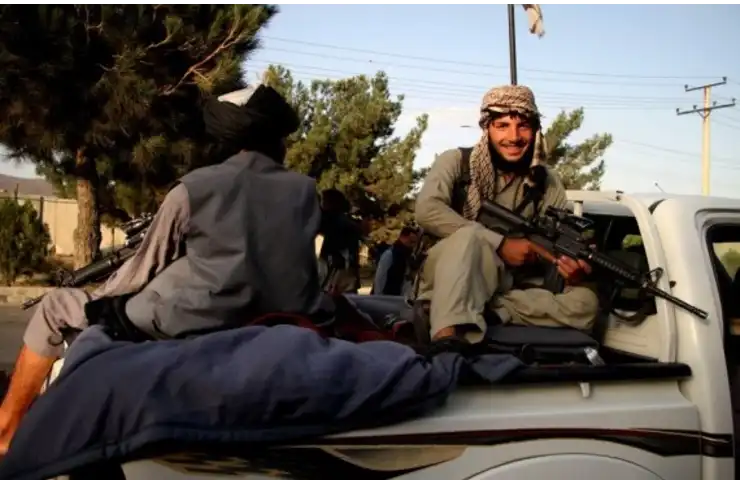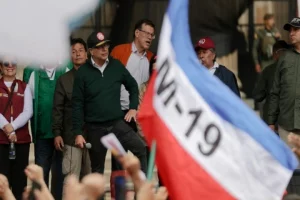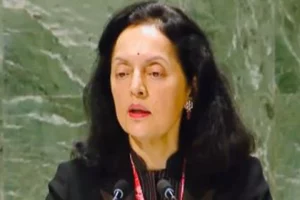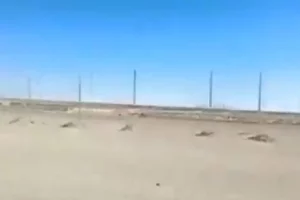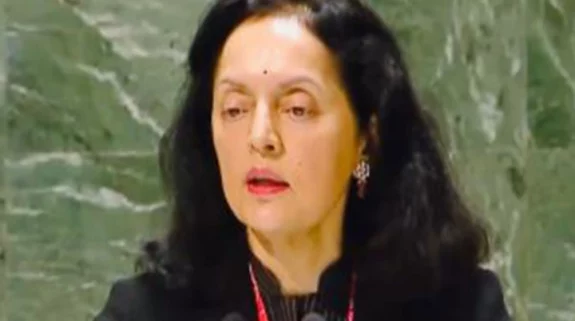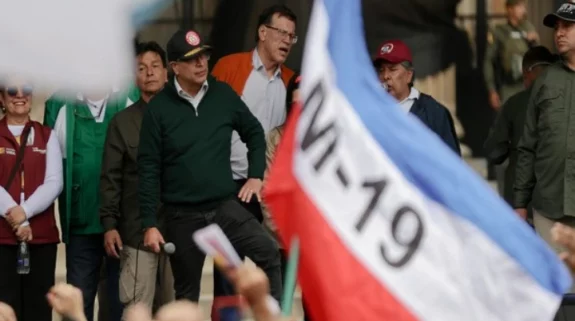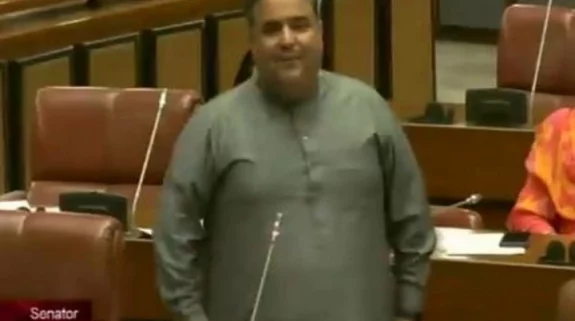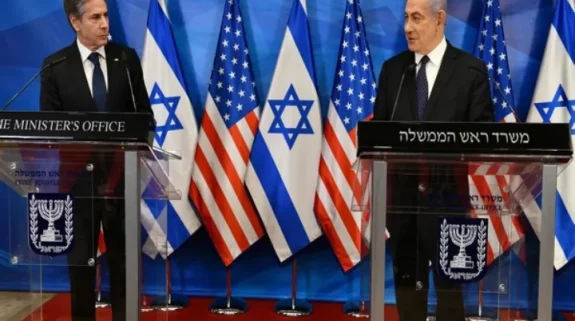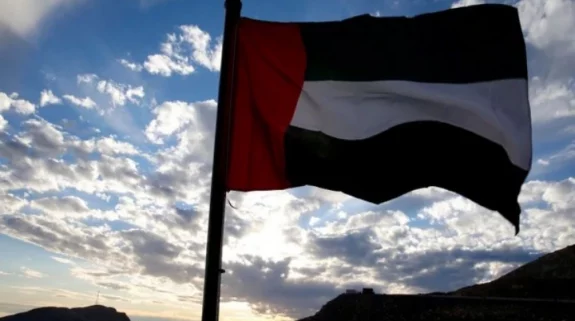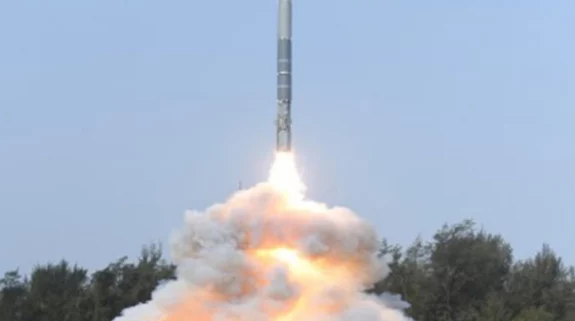The Taliban are celebrating the historic departure of American forces from Afghanistan, but major hurdles and deep pitfalls remain before they can hope to consolidate their hold in the heart of the Hindukush mountains.
The Americans and their western allies have hastily, and, in fact, humiliatingly departed from Afghanistan, 20 years after they descending in the country to break the back of global terrorism. Their arrival followed the 9/11 terror attacks which demolished the twin towers in New York, the symbol of US global heft, rendering a deep psychological blow to the world’s only remaining superpower then.
Amateur video footage channelled by the Taliban showed fighters entering the airport after the last U.S. troops took off a minute before midnight on Monday.
"American soldiers left the Kabul airport, and our nation got its full independence," said Taliban spokesperson Zabihullah Mujahid.
Also read: Last American troops pull out of Afghanistan to end 20-year war
"The last U.S. soldier has left Kabul airport and our country gained complete independence," another Taliban spokesman Qari Yusuf said, according to Al Jazeera TV.
General Kenneth Franklin McKenzie, the head of the US Central Command warned that though the Taliban were "significantly helpful" in enabling the airlift, they will encounter major difficulties in securing Kabul in the coming days, not least because of the threat they face from Islamic State.
"Now they are going to be able to reap what they sowed," he said as quoted by Reuters.
Apart from the Taliban, the several neighbouring countries, are bound to welcome the exit of US forces from Afghanistan—a country of prime geopolitical importance it can powerfully influence the course of events in Eurasia, including South, Central, West Asia and Europe.
In fact, neighbouring countries, Iran, Russia and China have achieved their core strategic objective of ending US presence in the heart of Eurasia.
Also read: Former Pak cricketer Shahid Afridi bats for Taliban, says they have come with a positive mindset
Yet, the Taliban face five major hurdles to cross before they can achieve broader international legitimacy, even from some of their key neighbours.
First, the Taliban face a major domestic problem as internal political cohesion is far from being achieved. Afghanistan’s significant minorities, led by the Tajiks have mounted a rebellion against the Pashtun dominated Taliban , starting from the Panjshir valley. They are likely to be joined by the Afghani Uzbeks, whose leader Rashid Dostum and Atta Mohammad Noor had to unceremoniously flee the country as the Taliban advanced in northern Afghanistan. A stable government in Kabul can only emerge if all the major ethnic components of the Afghan society are represented in the government in Kabul.
The Taliban also arguably faces a threat from the Islamic State (IS-K), which could be a fifth column for Pakistan’s Inter-Services Intelligence (ISI), to be used as lever to keep the Taliban in check, just in case it tries to break loose, riding on resurgent Pashtun nationalism.
Second, among the neighbouring countries, both Russia and Iran have been engaging with the Taliban for years. Despite achieving their grand objective to seeing the back of Americans from the Eurasian core, they do have a secondary but exceptionally important problem. The two will recognise a Taliban led government only if they are armed with reliable and credible credible assurances that a Taliban ruled or dominated Afghanistan will not become a base for the radiation of radical Islam in three key areas—mainland Iran and Central Asia, which is Russia’s backyard. The Russians are also wary that Taliban’s theocratic consolidation can encourage revival of extremism in Chechnya and Dagestan.
Third, most of the regional countries want a “balanced” government to emerge, where they have their nodes of influence. The Russians and the Iranians have already flagged that overriding the Doha process, they wish to lead a diplomatic solution to the Afghan crisis through an alternate multilateral process.
Fourth, the Taliban face a major image deficit. The horrific memories of Taliban’s brutal rule after 1996, based on an extreme form of Sharia continues to tarnish its global perception of a medievalist Islamic theocracy. To alter that image, and transitioning that of a more tolerant Taliban 2.0 of the digital age would remain a herculean task.
Fifth, along with the political change, the Taliban would have to kick-start the real economy, to prevent the landlocked nation, to slide into becoming a narco-state, which will further push it into the international doghouse.






